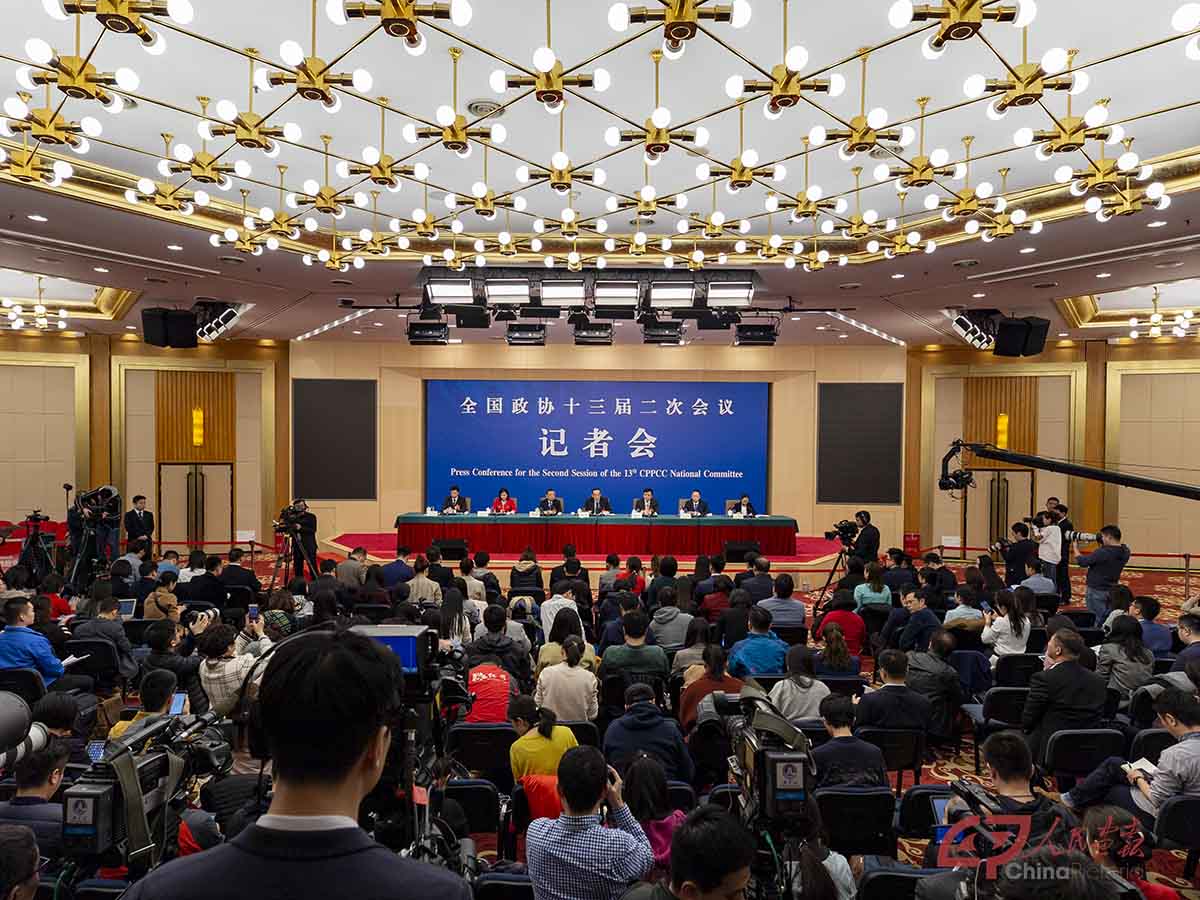Public Support for Private Enterprises

On March 5, Premier Li Keqiang mentioned the private economy and private enterprises several times in the government work report delivered to the second session of the 13th National People’s Congress, China’s national legislature. He stressed in the report that this year, efforts should be made to optimize the environment for the development of the private economy and effectively alleviate difficulties faced by the real economy, especially those of private enterprises and small and micro businesses in accessing affordable financing.
Since 2008, private enterprises in China have been haunted by a “tide of bankruptcy.” After more than ten years, the nightmare still hasn’t ended, and the problem has become even more severe. Even some ranking among the country’s top 500 private enterprises have resorted to bankruptcy including Wenzhou Zhongcheng Construction Group, Shandong Sunrise Group Co., Ltd. and Shandong Qixing Group Co., Ltd.
The fundamental cause of difficulties faced by private enterprises is that China’s economic development is in transformation. From past high-speed growth to current high-quality development, China is in a key period of restructuring its development mode, optimizing its economic structure and transforming driving forces of growth.
However, most Chinese private enterprises are widely distributed in the traditional manufacturing industry. Consider the country’s top 500 private enterprises in 2017: 12.8 percent of them were in metal smelting and rolling processing industries with high investment and emissions, 8.6 percent in construction and 7.6 percent in processing industries of chemical raw materials, chemical products, petroleum and others.
The transformation and upgrading of China’s manufacturing has brought enormous changes for the external environment of enterprises, and the development space for private enterprises has been squeezed.

A worker of Fasten Group makes optical fiber perform with Modified Chemical Vapor Deposition facilities. by Chen Ye
For starters, costs have been surging in labor, raw materials, environmental concerns, taxes and fees, which greatly increased the burden on private enterprises in high-input and high-emission industries. Second, fierce market competitions and mismatches between supply and demand of certain commodities have led to an outflow of some purchasing power. And the shrinkage of external markets caused by China-U.S. trade friction and other factors has greatly reduced market space for China’s private enterprises. Third, the battle launched by the Chinese government to prevent and defuse financial risk has further aggravated the long-existing difficulties faced by private enterprises in accessing affordable financing. Finally, the battle to prevent and control pollution has prompted the withdrawal of some highly polluting private enterprises.
Facing the pressure and pain brought by China’s economic transformation, it is easy to see how some private enterprises can hardly survive. It is also normal for a large number of less competitive private enterprises to be wiped out of the market.
However, leaving private enterprises alone to cope with the great challenge of economic transformation would result in massive economic costs and undermine social stability. To reduce the negative impact of the difficulties plaguing private enterprises, it is necessary for the government to support a smooth transformation.
Since 2009, China has formulated and launched wide-ranging policies and measures to support the development of the non-public economy. In 2018, President Xi Jinping delivered several speeches on the private economy and presided over a symposium on the development of private enterprises. He confirmed the important status and role of private enterprises in China’s economic system and stressed increased policy support for private enterprises. Since then, many government departments have responded and issued relevant policies and measures.
This year’s government work report also noted that China will continue to carry out vigorous reform related to cutting taxes and fees and improving the business environment to build a favorable policy environment for the smooth transformation of private enterprises.
However, during the process of economic transformation, private enterprises will inevitably become more diversified, which has already been underway. It is necessary to astutely determine which private enterprises should be eliminated from the market or moved to different regions or countries, which need to be reformed and upgraded, and which just need accelerated development. Considering the drastically different needs of private enterprises, targeted support should be used to boost their development and enhance policy effectiveness.
The author is an associate professor at the Institute of China’s Economic Reform and Development and a research fellow at the Research Center of China’s Private Enterprises of Renmin University of China.